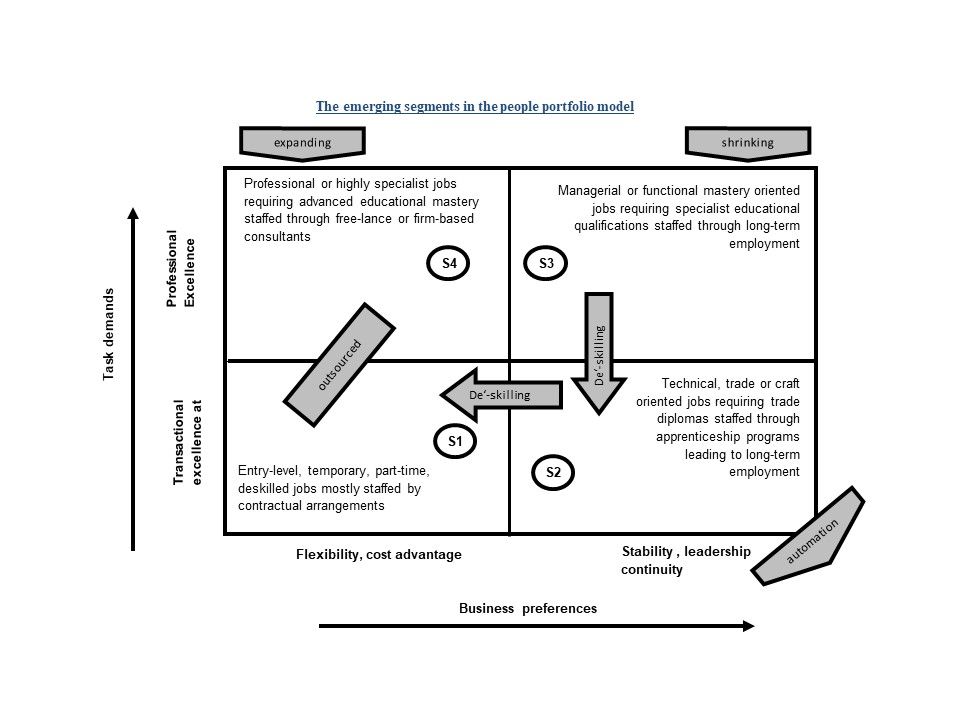A lot of sparks have been flying in the past few days on the subject of moonlighting, specifically in the IT industry. I thought some sunshine would help.
Various leaders have been arguing vehemently from their respective logical bubbles – ethical, moral, economic, business and legal. A few things are standing out for me in these narratives.
· Truth is, moonlighting has been in existence for decades. Millions who found themselves in a low wage island had to moonlight to make ends meet. So, working two shifts has been a norm and we have been ok with it because it helped everyone.
· The hue and cry is because it is happening among employees who work for celebrated global organisations and that is new.
· I am not hearing enough number of HR leaders speak up and share their views. After all, this is as HR an issue as it can get. I wish more and more from the profession voice their well-considered insights. Employees are keenly watching what “organisations are saying and thinking”.
· The employment model has been changing rapidly over the past two decades and these narratives only reinforce these rapid irreversible changes. Please see the chart below capturing what our research back in 2001 said about the emerging segmented approach to employment. Specifically, S3 and S2 jobs are diminishing and S1 and S4 are increasing.
As more and businesses try to restructure to remain competitive, we are only going to create more and more low wage S1 jobs whose holders will be pushed to moonlight. That is sad.
· What is evident from these narratives is a significant realignment of “employer – employee relationships”. The diminishing place of the psychological or the emotional connect, the changing expectation of time versus mind-space, between deliverables at a price and a larger commitment to the cause. What do our employees mean to us?
· While I hear voices of “control” and voices of “indifference”, I am not seeing enough voices of “curiosity” and “empathy”, asking questions like “what is going on?” or “What are the implications?” What do we wish for them? Is quality of life a thing that concerns us?
· Well, this perhaps signals the emergence of a new social order at work, a new way of looking at freedom and autonomy and choices about work and life that businesses are perhaps proposing.
To me, it appears to be somewhat close to the Gestalt Prayer, a 56-word statement authored by psychotherapist Fritz Perls:
I do my thing and you do your thing. I am not in this world to live up to your expectations, And you are not in this world to live up to mine. You are you, and I am I, and if by chance we find each other, it’s beautiful. If not, it can’t be helped.
— Fritz Perls, “Gestalt Therapy Verbatim”, 1969






